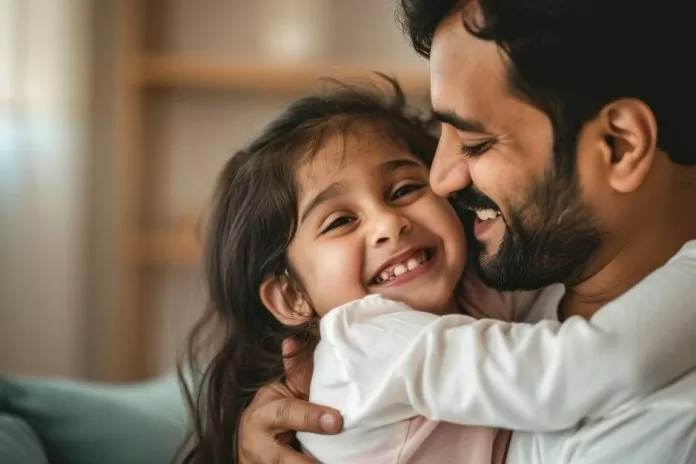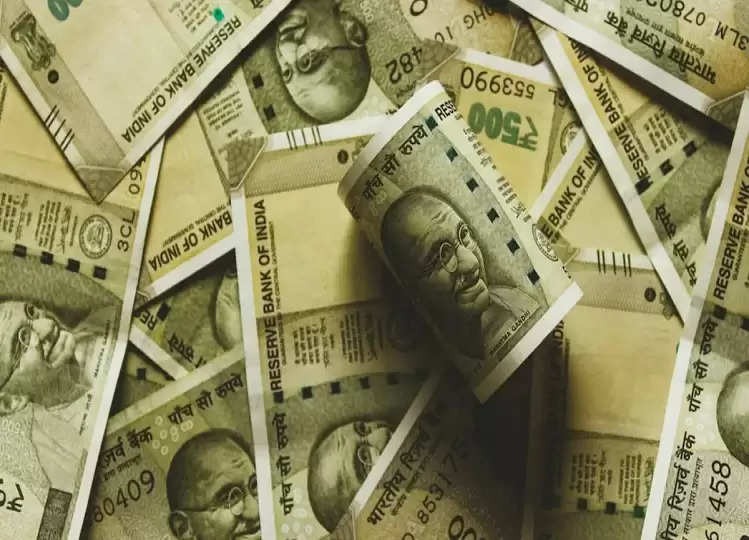Daughter has right on ancestral and father's property but in one case she can be evicted too – News India Live – ..
Legal rights of women in India: As a woman, you play many roles in many relationships. Do you know what rights you have as a daughter under the Constitution and law? One of the most controversial issues related to daughters has been their share in property. Let us know what the law says about women’s property rights. Based on a conversation with a Supreme Court lawyer…
Pros and cons of a woman’s property rights as a daughter: Traditionally, a woman who played various roles in family relationships was not aware that she also had some constitutional or legal rights. In terms of rights, she used to accept everything told or given by the men of the house. It has not been long since women got their due rights, they are considered entitled to services, facilities and goods as much as sons. In India, both daughters and sons have equal rights in their parents’ property. Under the schedule of the Hindu Succession Act, both daughters and sons are class-1 heirs and get equal share. We have started a series to make women aware of their financial rights. In this regard, we spoke to legal experts and did research.
Let us know what rights a daughter has in property after marriage, can a daughter be evicted from property or will, what are her rights on the ancestral property of grandparents, how is the share of a son or daughter decided, what will happen if the father has not made a will. Let us know the answers to such questions… (It is also worth noting here that the court interprets the law, so many times the court’s decision can be under the interpretation of the law according to the need of the case)
What does the law say about a daughter’s property rights after marriage?
According to Dr. Charu Walikhanna, a lawyer practising in the Supreme Court and former member of the National Commission for Women (NCW), it is generally believed in society that if a daughter is married and is given goods as dowry or Stridhan, then she cannot claim rights in her maternal (father’s) property. But the law does not believe so and a daughter has as much right in her father’s property as a son. Charu says, if a daughter gets married, then neither her nor the son’s rights end after marriage. Both the son and the daughter will remain first class heirs.
The son or daughter can be evicted…
As per the Hindu Succession (Amendment) Act, 2005, a daughter has the same rights as a son if there is no will. If there is a will, the testator has full authority to give the property to whomever he wants. In such cases, it has also been seen that parents pass on the rights to the property to the son and can/should disinherit the daughters.
Is there a right to ancestral property and self-acquired property or not?
The Hindu Succession Amendment Act 2005 has made some significant changes in the rights of women under the heading ‘succession to property’ as compared to earlier. Under the Act, the provisions of Section 6 were amended to give women the same coparcenary rights as sons. They can claim partition and possession of their father’s ancestral and self-acquired property. Earlier a woman had the right to live in the joint family property but did not have the right to demand partition, which could be sought only by male members. Before the amendment in 2005 to the Hindu Succession Act, 1956, a daughter was not a coparcener and, therefore, was not entitled to claim partition. Now this has changed.
What if the daughter dies before the father…?
It is also possible that the daughter dies due to illness or accident. In such a situation, the daughter’s children will get the same rights in the father’s property as they would have if the daughter was alive. This is not gender specific. The same law applies on the death of both daughter and son.
What will happen if the father dies without making a will…?
The death of the father after writing a will and the death of the father without making a will are two different situations in law. If a will has been made then the rights will be given accordingly but if it has not been made and the head of the family i.e. the father or husband dies without making a will then the wife is the sole owner of the inheritance. The wife who is now a widow. Now it depends on the wife as to whom she gives what rights on this property.






